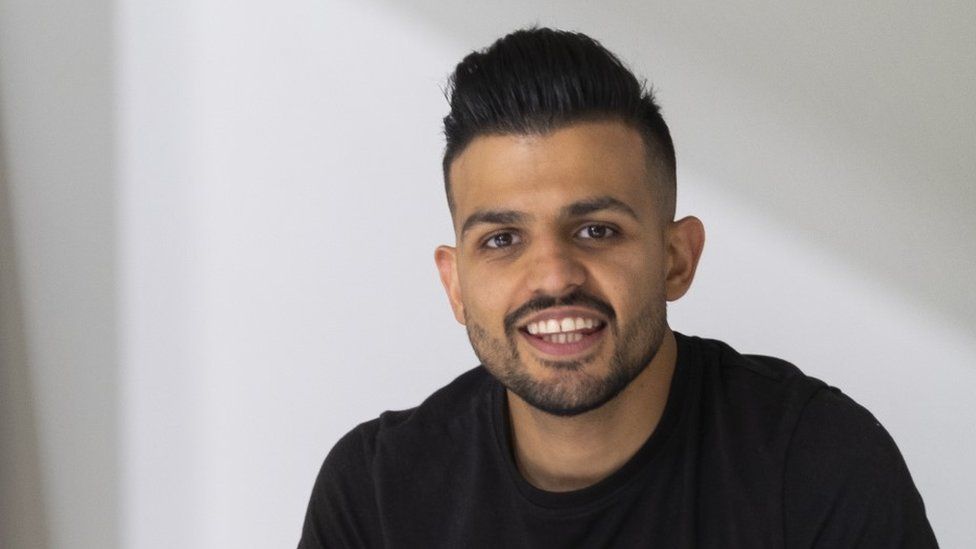-

-
-
Loading

Loading

Can Artificial Intelligence (AI) Personal Trainers Replace Human Ones? Varan Bhanot, the CEO of AI fitness software firm Magic AI, used to find going to the gym intimidating and inconvenient. However, when he was told he needed to lose weight, he hired a human personal trainer and transformed his life. This experience inspired him to create an AI fitness chatbot that could make a healthy lifestyle more accessible. Magic AI's main product is the Magic Mirror, a touch-screen mirror that displays a video of an AI-powered trainer. Users input their biometric information, and the AI generates a personalized fitness program just like a human personal trainer would. The AI trainer provides feedback and suggestions during workouts and creates new workouts as the user progresses. The use of AI in the fitness and wellbeing sectors is rapidly growing, with the market estimated to be worth $7.8 billion in 2022 and projected to reach $35.6 billion by 2030. There are numerous fitness apps that incorporate AI, such as Aaptiv, FitnessAI, and Freeletics. Some individuals even ask popular AI chatbot ChatGPT to devise workouts for them. While the rise of AI-powered fitness apps indicates that some people are more comfortable interacting with a computer than a human, not everyone believes AI can replicate the motivation that comes from human interaction. Pilates teacher and physiotherapist Esther Fox believes that personal connections and emotional intelligence are essential for successful health and fitness coaching. Desiree Henry, a British sprinter and Olympic bronze medalist, is one of the AI trainers featured on the Magic AI fitness mirrors. She believes that even when working out alone at home, the AI trainer provides a sense of support and encouragement. Mr. Bhanot emphasizes that AI is not meant to replace gyms but rather to work alongside them, offering an additional option for those who prioritize flexibility and convenience. In fact, there is now a gym in Dallas, Texas, where people can exercise together under the guidance of AI coaches. Lumin Fitness uses LED screens and AI personal trainers to guide up to 14 gym-goers through personalized workouts. Sensors in the studio track the movements of the users and provide verbal feedback through headphones. However, there is still a human trainer present to provide a more personal and community-building experience. Physiotherapist Lucy McDonald sees potential in AI to help individuals progress their exercises if programmed properly. However, she advises consulting a human expert to ensure that over-training or injury risks are mitigated. Brandon Bean, the co-founder and CEO of Lumin Fitness, believes that AI fitness apps will continue to improve as they learn over time. While AI is not perfect now, its ability to learn and adapt will lead to better AI fitness solutions in the future.